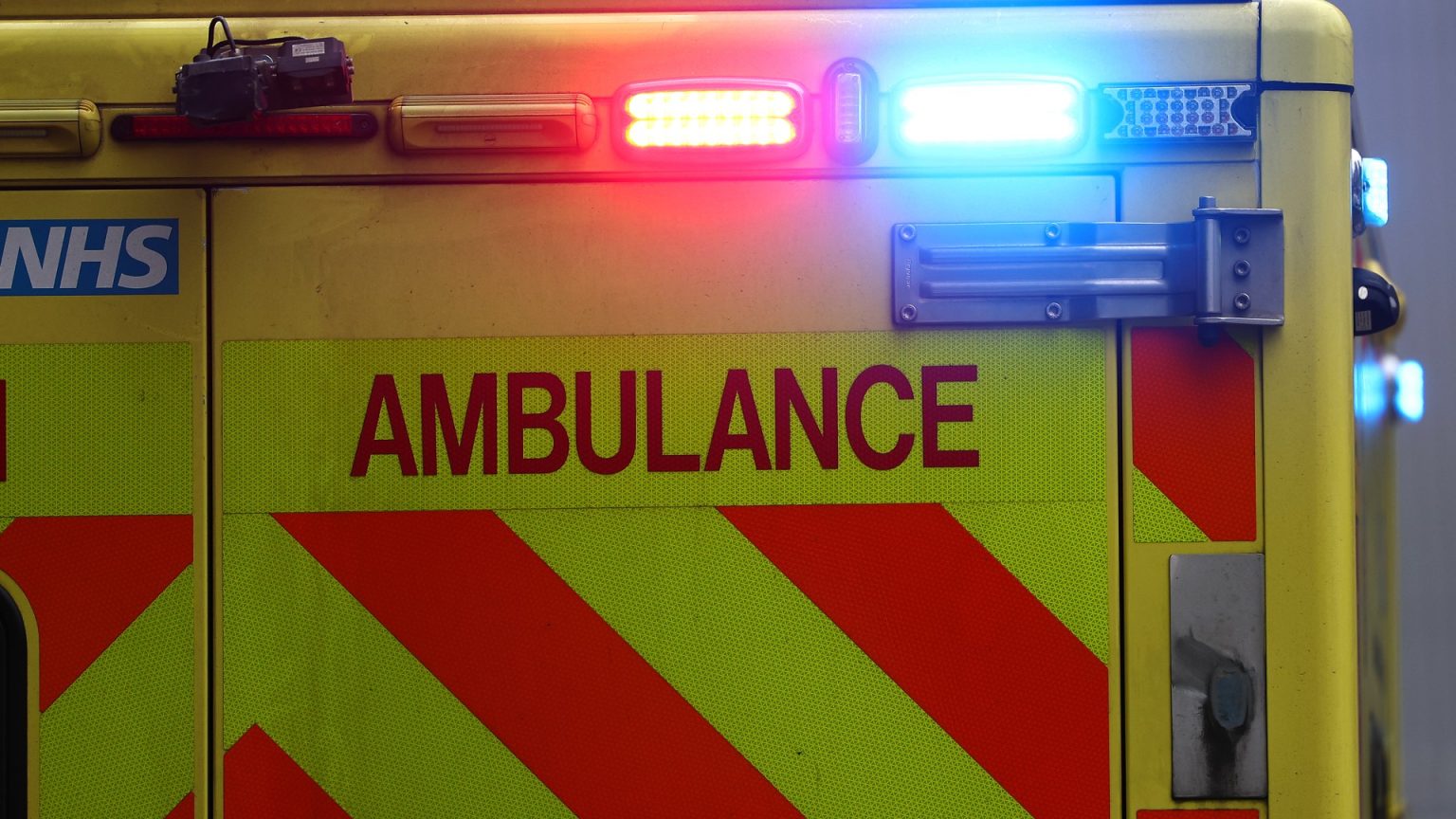The National Health Service (NHS) in England is facing an unprecedented surge in winter illnesses, creating a “quad-demic” of flu, Respiratory Syncytial Virus (RSV), COVID-19, and norovirus. This confluence of viruses has placed immense pressure on the health service, with emergency services struggling to cope with the influx of patients. Professor Sir Stephen Powis, England’s medical director, warned that the current flu season is not only hitting early but is also shaping up to be one of the worst on record. The peak of infections is anticipated to occur after the festive period, further exacerbating the strain on resources. This situation is exacerbated by pre-existing pressures on primary care, with a significant number of patients struggling to secure timely GP appointments, leading to increased reliance on already overwhelmed emergency departments.
The overwhelming demand for emergency services is further underscored by the Welsh Ambulance Service’s declaration of a critical incident. This declaration follows a substantial backlog of 999 calls, with the service urging responsible behavior during New Year’s Eve celebrations to mitigate further strain. The combination of holiday gatherings and the continued spread of respiratory viruses has created a perfect storm for the NHS, pushing its capacity to the limit. The severity of the situation necessitates a concerted effort to manage resources and prioritize urgent cases. This includes public health campaigns encouraging responsible behavior, appropriate use of emergency services, and utilization of alternative healthcare options for non-emergency situations.
Flu cases have already surpassed last winter’s peak and continue to climb, adding to the strain on the healthcare system. This surge in flu cases is occurring alongside other seasonal viruses like RSV, which poses a particular threat to infants and young children. RSV can cause bronchiolitis, a serious respiratory infection that can lead to hospitalization in severe cases. The symptoms of RSV, often mimicking a common cold, can be more subtle in very young babies, making early diagnosis and appropriate care crucial. These overlapping respiratory infections are putting considerable pressure on pediatric services, highlighting the interconnectedness of the various components of the healthcare system.
The difficulty in accessing GP appointments is further compounding the strain on the NHS. Data indicates that a substantial number of patients encountered challenges in scheduling appointments with their general practitioners, leading to potential delays in diagnosis and treatment. This bottleneck in primary care can result in patients seeking care at emergency departments for conditions that could be managed in a primary care setting, further escalating the pressure on already stretched resources. This issue underscores the need for increased investment and support for primary care services to ensure timely access to care and prevent unnecessary hospital admissions.
The symptoms of RSV, while typically mild in older children and adults, can be more severe in infants and young children, leading to bronchiolitis. This infection causes inflammation and congestion in the small airways of the lungs, making breathing difficult. Symptoms of bronchiolitis in infants include rapid breathing, wheezing, difficulty feeding, and signs of dehydration. Prompt medical attention is crucial if an infant exhibits these symptoms. The confluence of flu, RSV, COVID-19, and norovirus is creating a complex and challenging situation for healthcare providers, requiring careful management of resources and prioritization of patient care.
The current strain on the NHS highlights the importance of preventive measures, responsible healthcare utilization, and robust public health campaigns. The public is encouraged to practice good hygiene, get vaccinated against the flu and COVID-19, and seek appropriate medical care when necessary. Utilizing NHS 111 for non-emergency medical advice can help alleviate pressure on emergency services and ensure that patients receive the right level of care. The ongoing “quad-demic” underscores the interconnectedness of the healthcare system and the need for a multi-faceted approach to managing the surge in winter illnesses and ensuring the long-term resilience of the NHS.




